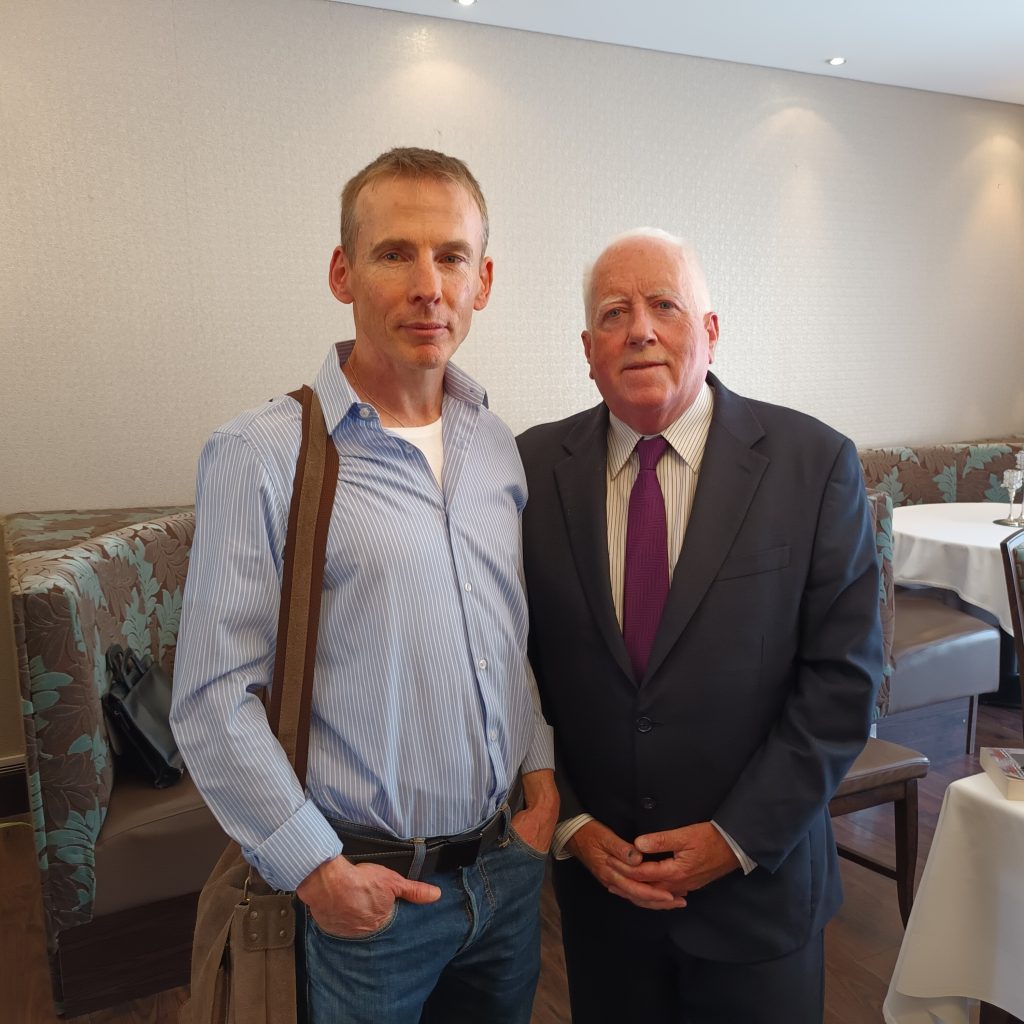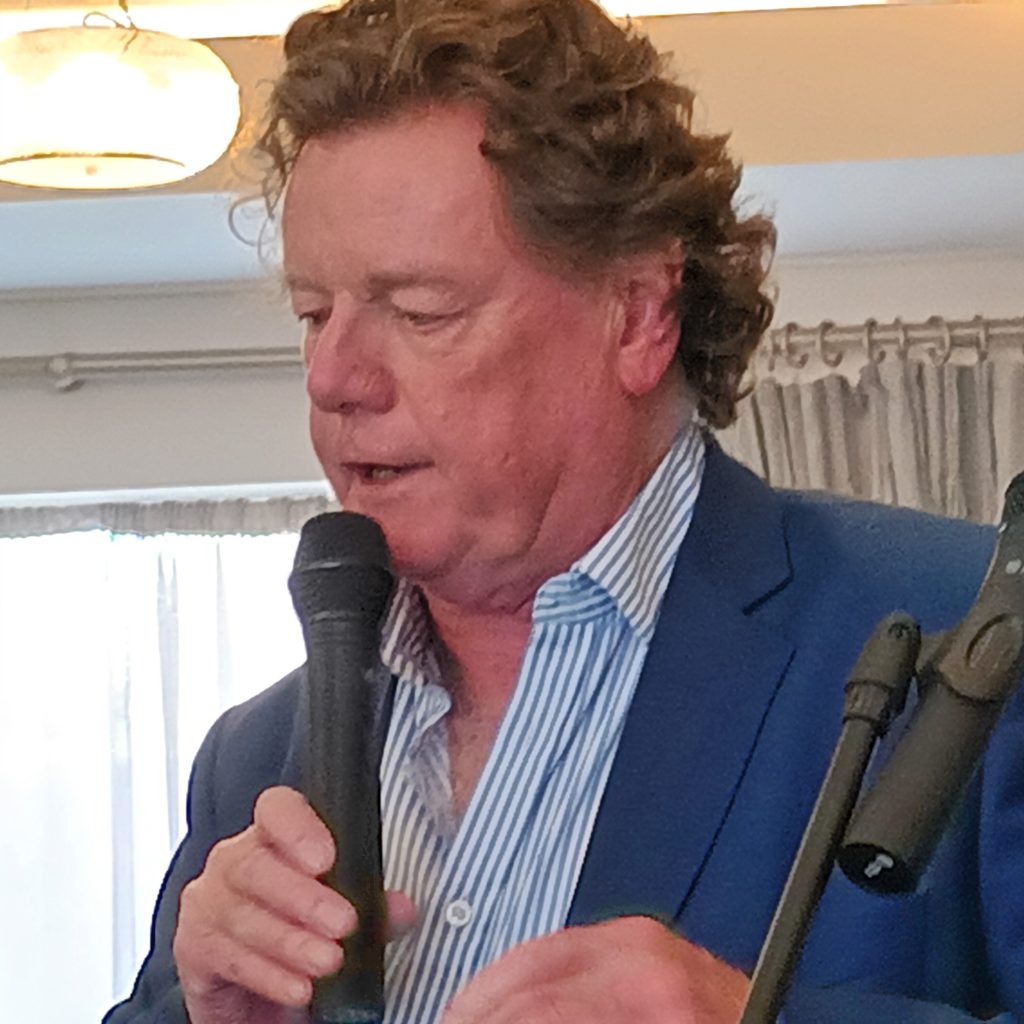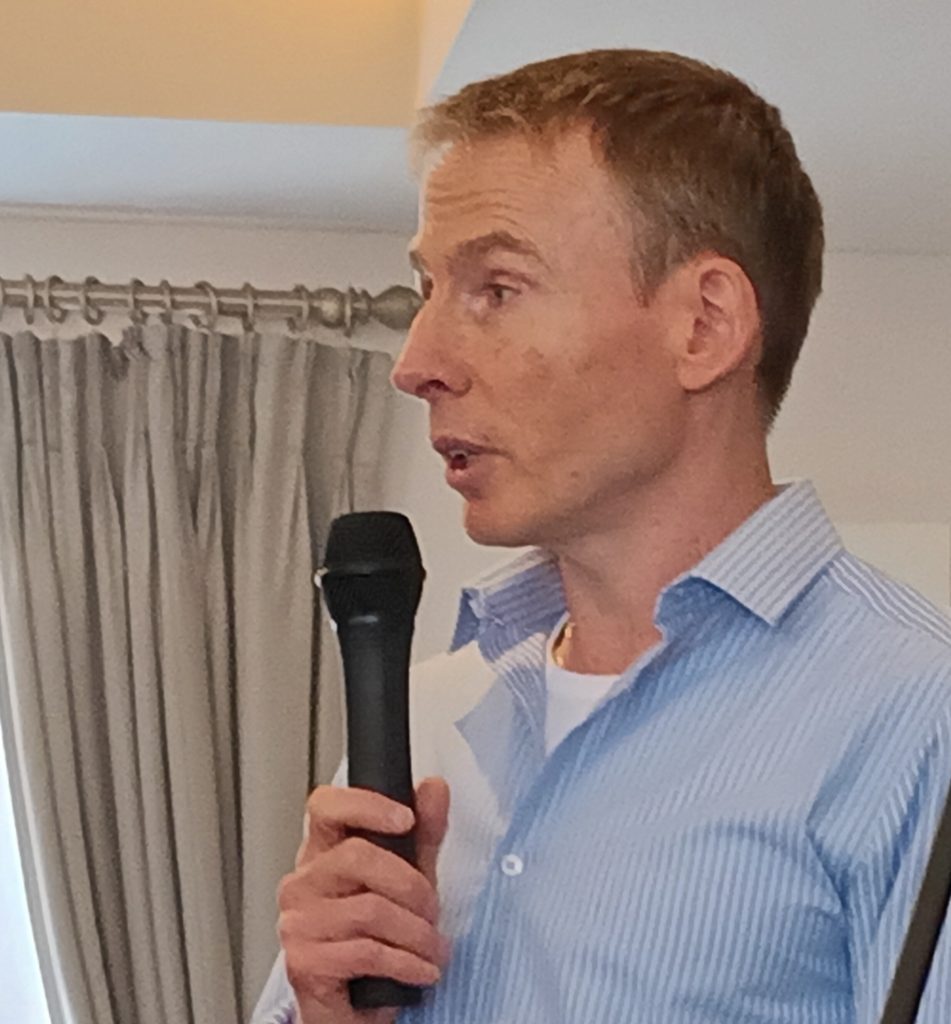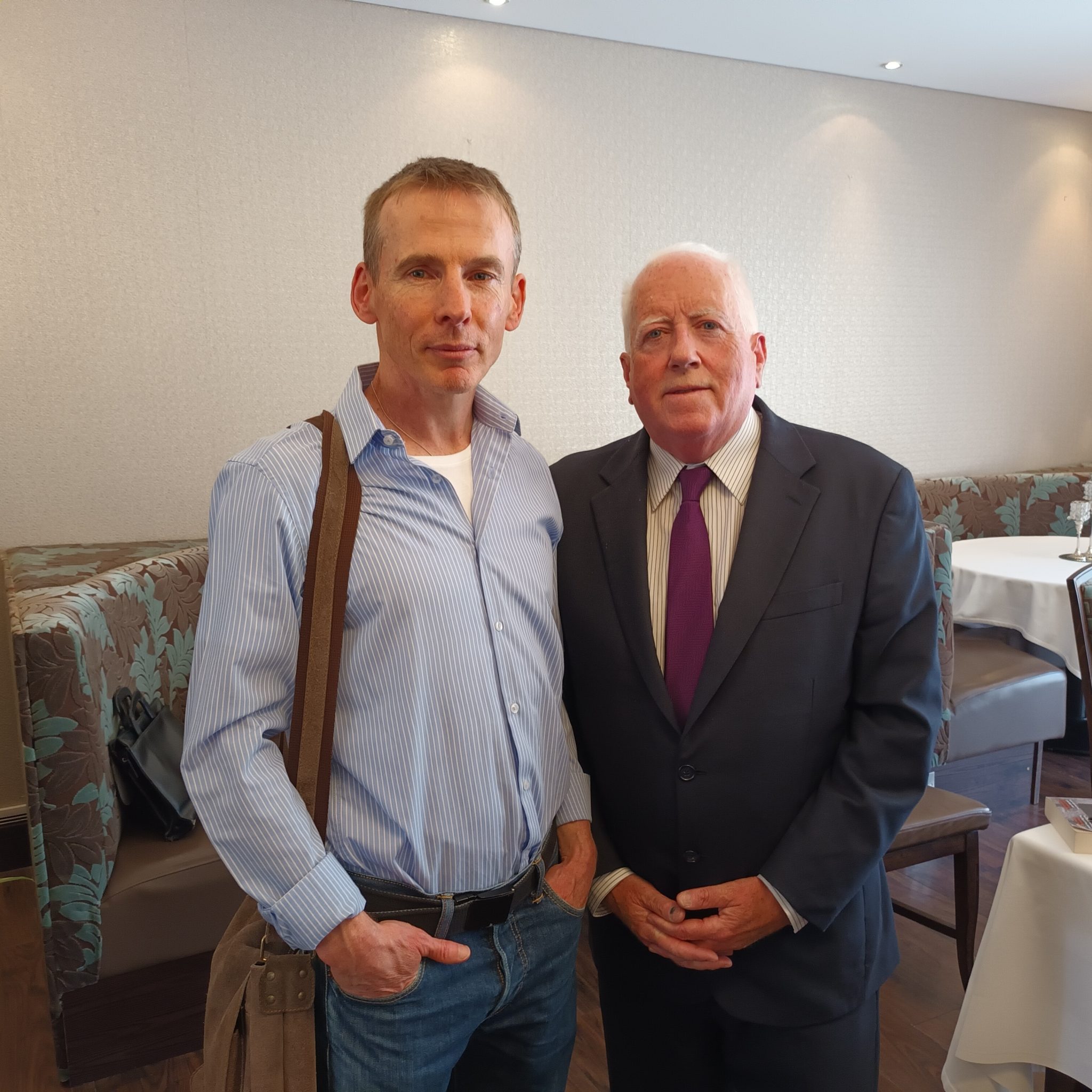I wanted the readers to enter these different worlds — even within the IRA there were these different subcultures, and likewise with the police and the Tories and the people around Thatcher — to see how they all experienced the Troubles.
It’s not about shifting perspectives but about shifting sympathies or empathies. It’s human nature to start siding with the protagonist. I hoped the reader would empathize with almost all the characters, and in some cases root for them. With Magee, you might then find yourself horrified by your own reaction. I’d hope the reader will interrogate themselves to see how their own sympathies shift as the book progresses. Life can be messy.
Gerry Adams really led his people out of a cul-de-sac. History is littered with Republicans and nationalists collapsing into division. It was an astonishing political feat. He was so effective that some people think that he, not John Hume and David Trimble, deserved the Nobel Peace Prize. The rather huge caveat is that he was a key driver of the violence for many years and was implicated in many morally horrendous, unjustifiable decisions. Maybe it took someone like him to deliver the peace.
Thatcher’s mettle after the bombing was impressive. But even more so was her restraint afterward. The IRA was thinking that there might be a hurricane of security forces hunting them down and another round of internment. Thatcher responded to an attack in a very measured way even as the tabloids were calling for her to string them up. She was not brushed off course, and we saw post-9/11 that’s nothing to be taken for granted.
She did a lot of creditable things, but to this day she’s seen as a bit of an ogre in Irish history, so this book might give her a fairer hearing.
I felt the conflict was such a waste. You can ask, “After nearly 30 years of the Troubles, what did everyone get with the Good Friday agreements?” After all the horrendous violence it was something similar to what was offered by the British government in the Sunningdale Agreement from 1973. But that was rejected by pretty much everyone in Northern Ireland on both sides.
Everyone was locked into this cycle. There was so much cruelty and grief and the blood continued to flow. For what? I asked Patrick Magee and other IRA men, “What did all that killing do?”
The new generations have very little knowledge of or interest in the Troubles. I recently interviewed a dozen undergraduates at Trinity College in Dublin about it. To them it feels dusty and sepia-tinged, like ancient history.
That’s good and bad. It shows the peace process was very successful. There’s political dysfunction, but people are not tormented with headlines of bombs and funerals and can just live their lives. But I do wish people were more aware of what happened and why, so they would not take for granted this imperfect peace.
(Los Angeles Times)




